Alexithymia test is the computerized version of Deenz Alexithymia Scale (DAS-21©) which is based on a preliminary version of the research, development, and validation of DAS-21. The self-assessment tool is designed to measure the likelihood of manifesting tendencies towards Alexithymia. This self-assessment is not designed for making a clinical diagnosis of Alexithymia. Your participation in this quiz is completely anonymous and we do not collect or store your results or personal information for research purposes.
Alexithymia facets or dimensions
Alexithymia is the inability to express, describe, and identify emotions. In other words, it is also called emotional blindness. Alexithymia is not considered a formal psychiatric disorder, it is recognized as a symptom of many mental and neurological disorders. Alexithymia may have symptoms of autism spectrum, depression, post-traumatic stress disorder, and various personality disorders. [5] Fietz, J., Valencia, N., & Silani, G. (2018). Alexithymia and autistic traits as possible predictors for traits related to depression, anxiety, and stress: A multivariate statistical approach. Journal of Evaluation in Clinical Practice… From a modern psychological perspective, it is considered a factor that influences how people regulate and express emotions. The difficulty in regulating emotions and, the inability to express them makes it an interesting topic for researchers to understand and explore the traits on a spectrum. A person with alexithymia may face difficulty maintaining interpersonal relationships and it may impact psychological well-being. [6] Spitzer, Carsten, et al. “Alexithymia and interpersonal problems.”….
Deenz Alexithymia Scale is a valid and reliable measure of tendencies towards alexithymia. The scale is designed to measure inclination towards 7 key dimensions associated with alexithymia, in nonclinical populations. The validation of the scale is based on a small sample of college students and demonstrated a Cronbach’s alpha coefficient. This suggests that the scale can accurately identify individuals who may show an inclination towards alexithymia. Alexithymia test which is provided as a digital tool for automatic scoring access to each dimension of facets of alexithymia. This tool is not a diagnosis of alexithymia and is intended solely for educational purposes. For more information please consult our terms of service.
References
Pandey, R., Saxena, P., & Dubey, A. (2011). Emotion regulation difficulties in alexithymia and mental health. Europe’s Journal of Psychology, 7(4), 604-623. https://doi.org/10.5964/ejop.v7i4.155 ↩
Wagner, H., & Lee, V. (2008). Alexithymia and individual differences in emotional expression. Journal of Research in Personality, 42(1), 83-95. https://doi.org/10.1016/j.jrp.2007.04.001 ↩
Dere, J., Tang, Q., Zhu, X., Cai, L., Yao, S., & Ryder, A. G. (2013). The cultural shaping of alexithymia: Values and externally oriented thinking in a Chinese clinical sample. Comprehensive Psychiatry, 54(4), 362-368. https://doi.org/10.1016/j.comppsych.2012.10.013 ↩
Welding, Carlotta, and Dalya Samur. “Language processing in alexithymia.” Alexithymia: Advances in research, theory, and clinical practice (2018): 90-104. Google scholar ↩
Fietz, J., Valencia, N., & Silani, G. (2018). Alexithymia and autistic traits as possible predictors for traits related to depression, anxiety, and stress: A multivariate statistical approach. Journal of Evaluation in Clinical Practice, 24(4), 901-908. https://doi.org/10.1111/jep.12961 ↩
Spitzer, Carsten, Ute Siebel-Jürges, Sven Barnow, Hans Joergen Grabe, and Harald J. Freyberger. “Alexithymia and interpersonal problems.” Psychotherapy and psychosomatics 74, no. 4 (2005): 240-246. Google scholar ↩

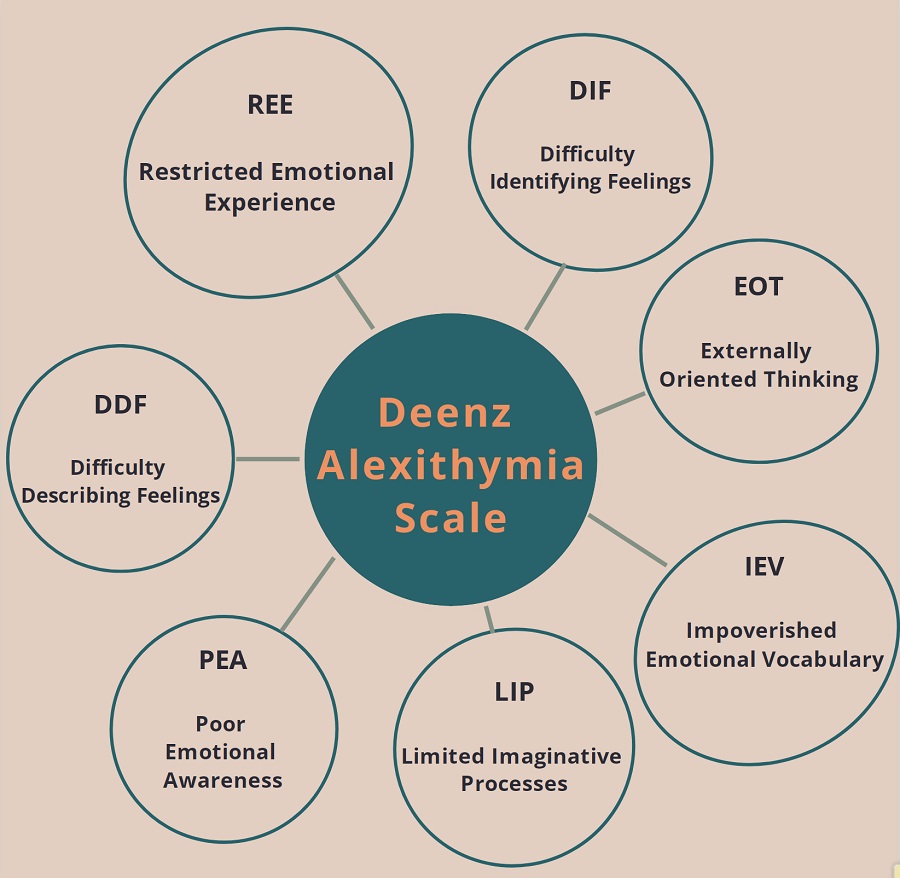




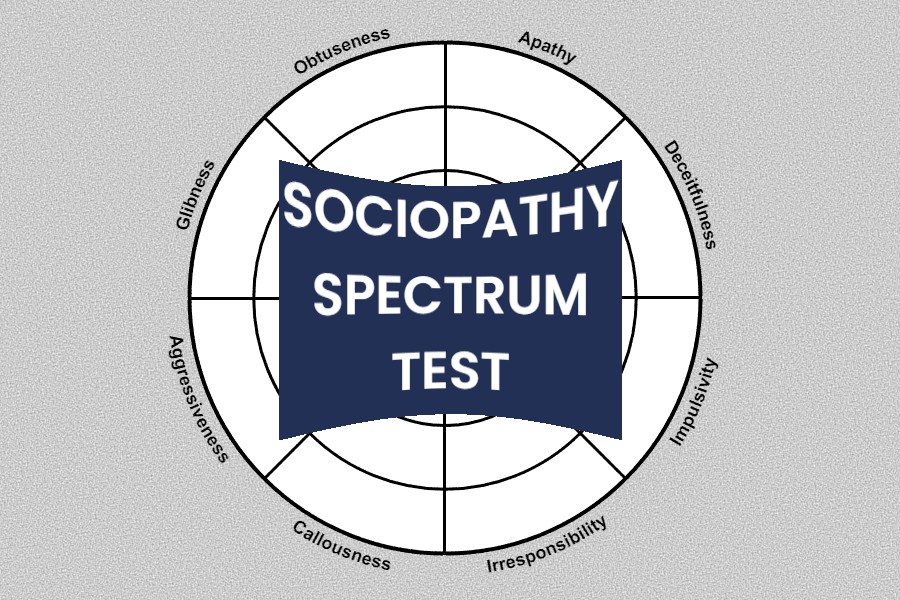 Sociopath Test – Antisocial Personality Spectrum Test
Sociopath Test – Antisocial Personality Spectrum Test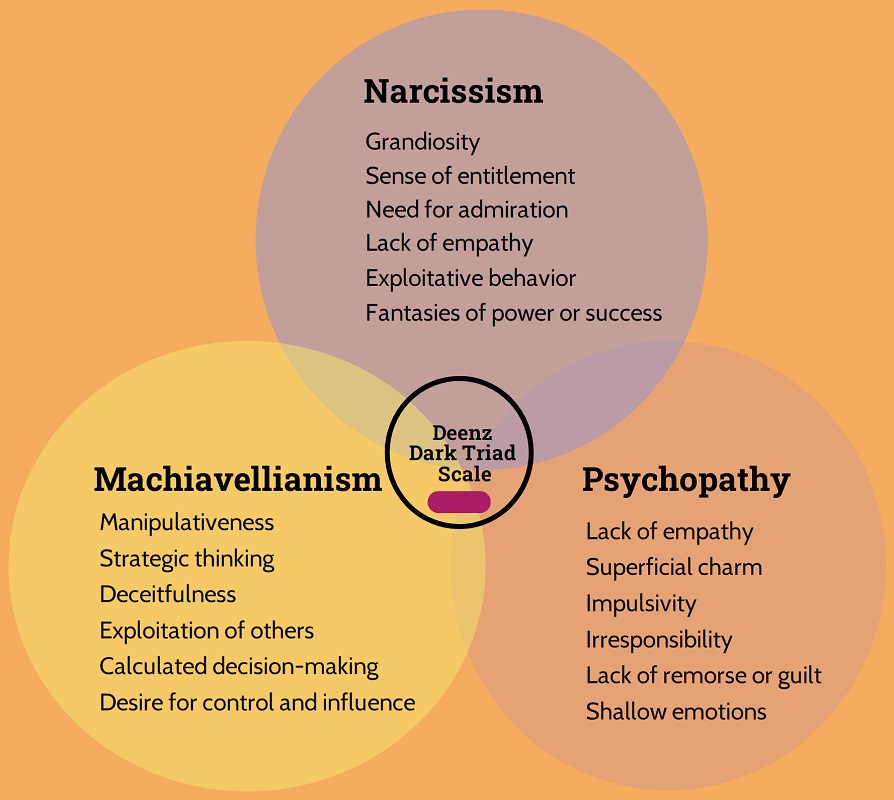 Dark Triad Test – Dark Triad Personality Scale
Dark Triad Test – Dark Triad Personality Scale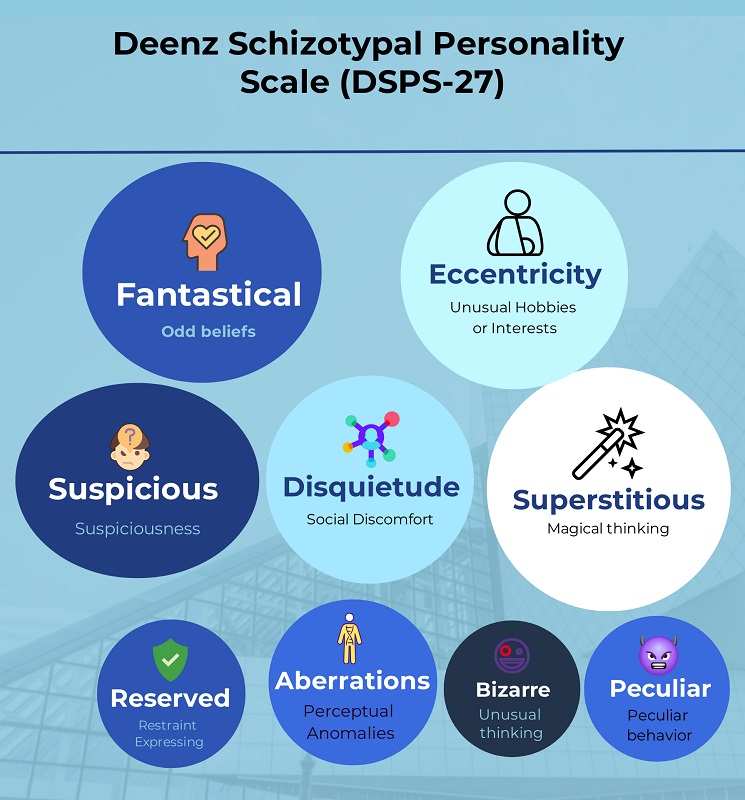 Schizotypal Personality Test
Schizotypal Personality Test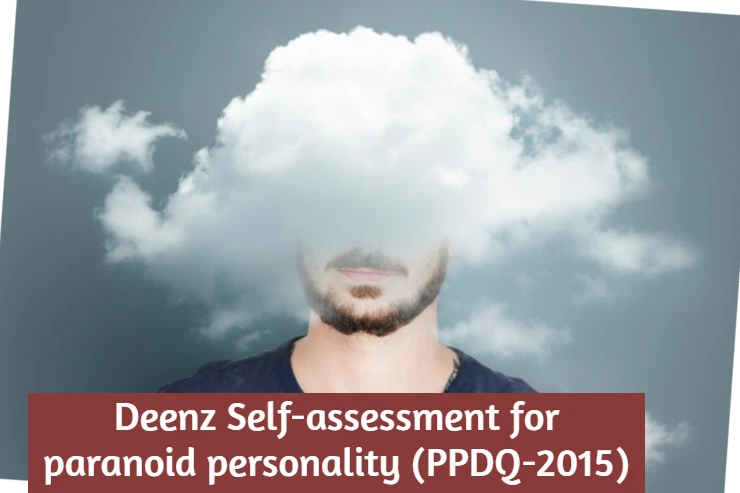 Paranoid Personality Disorder Test
Paranoid Personality Disorder Test